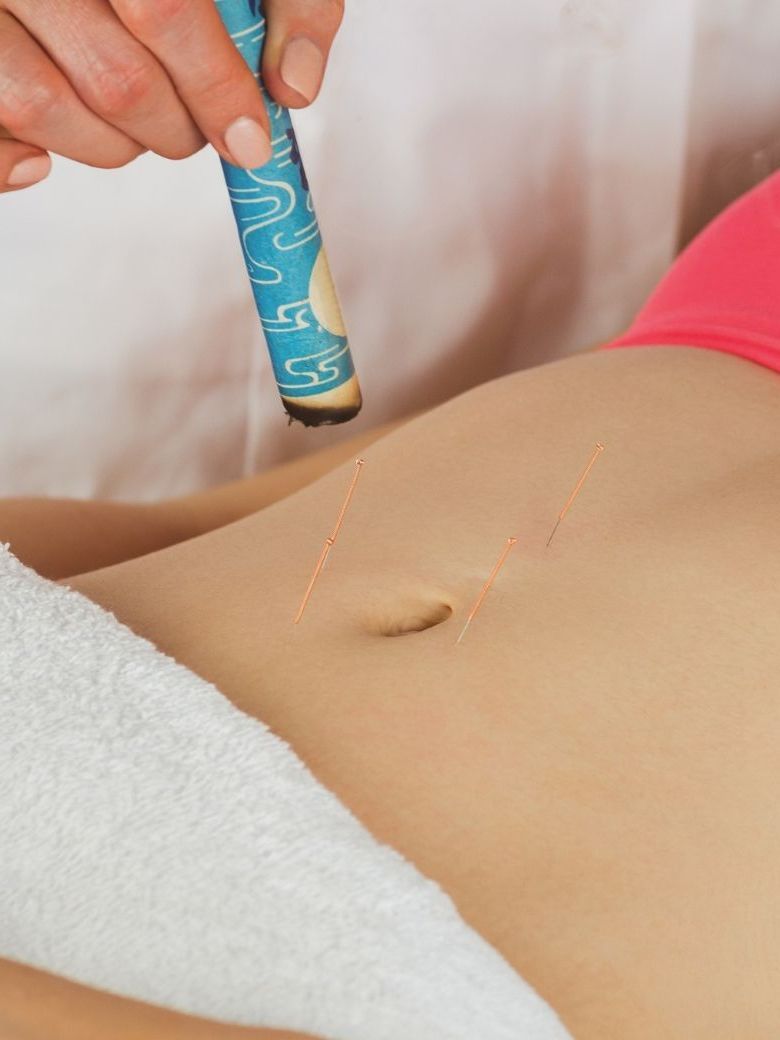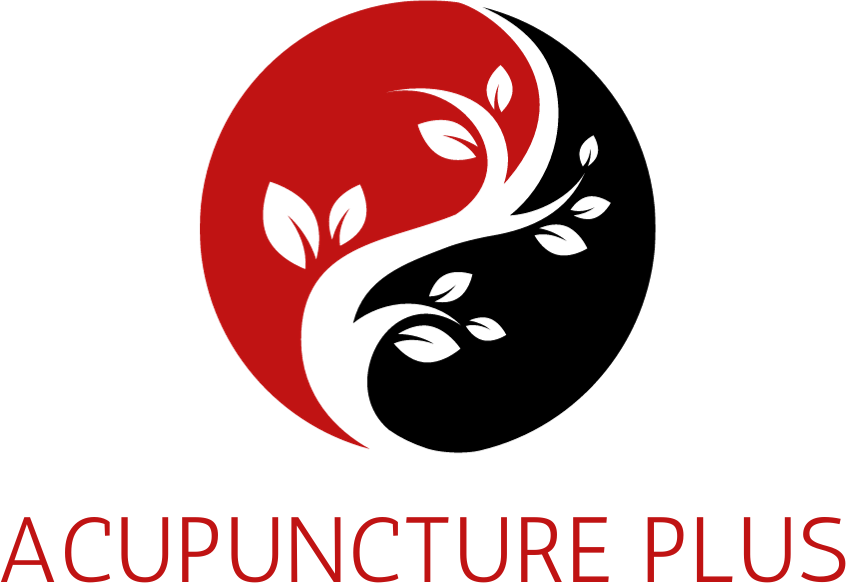Austin Fertility Acupuncture:
Holistic Reproductive Health Treatment

If you're trying to conceive, you may be taking every possible step to increase your chances. If you want to conceive and haven't been able to, acupuncture may help.
What exactly is the connection between acupuncture and improved fertility? Acupuncture plays a vital role in enhancing fertility by effectively regulating fertility hormones. Moreover, this practice improves the overall quality of eggs, optimizes the uterine environment, and lowers stress and anxiety levels. In the case of male fertility, acupuncture contributes to an increase in both the quantity and quality of sperm.
Acupuncture for fertility has emerged as a proven, effective, and safe approach to assist couples in enhancing their natural chances of conceiving.
What is Acupuncture for Infertility?
Acupuncture is an ancient form of complementary and alternative medicine. It involves inserting thin, sterile needles into specific acupuncture points. Acupuncture helps to treat a wide variety of health conditions, helping to relieve symptoms and trigger your body's natural healing processes.
According to Traditional Chinese Medicine (TCM), infertility is believed to result from imbalances in vital energy (Qi) and blood circulation. When the flow of energy is hindered, it can lead to deficiency, stagnation, or heat syndrome, affecting both men and women's sexual and reproductive functions.
Deficiency syndrome disrupts the normal functioning of sexual and reproductive organs, while stagnancy syndrome restricts the flow of energy and blood to the reproductive tissues. Heat syndrome, on the other hand, is associated with inflammation processes that impact semen quality and gynecological infections.
TCM offers effective treatment for these syndromes using acupuncture and herbal remedies. By identifying the specific syndrome and addressing the underlying problem, the body can regain its health, potentially leading to natural conception. TCM recognizes each patient as unique, and treatment is tailored to their individual condition and constitution. With a history spanning over 5000 years, TCM has proven highly effective without any side effects.
Acupuncture, a key component of TCM, has long been used as
a treatment for pregnancy & infertility. By inserting fine sterile needles into specific acupoints on the body, acupuncture helps regulate bodily functions and addresses fertility issues. It can balance hormones, strengthen the immune system, regulate energy and blood flow, remove stasis and phlegm, and stimulate the nervous system. Combining acupuncture with herbal remedies can further improve ovarian and follicular function and increase blood flow to the endometrium.
Causes of Infertility
Approximately
one in six couples face challenges when trying to conceive naturally. Several factors can contribute to this, including:
- Inhospitable cervical mucus: Infections or yeast overgrowth can lead to cervical mucus that is not conducive to sperm movement. Fertile cervical mucus should be thin and watery, allowing sperm to easily swim up to the egg.
- Ovulatory complications: These may involve cysts on the ovary or premature ovarian failure, which occurs when the ovaries stop functioning before the age of forty.
- Dietary and lifestyle factors: Obesity, chronic stress, poor sleep or insomnia, smoking, drug/medication use, excessive alcohol consumption, high caffeine intake, an unhealthy diet, lack of exercise, and exposure to toxins, chemicals, radiation, or heavy metals can all have an impact on fertility.
- Damage to the uterus or fallopian tubes: When the uterus or fallopian tubes are damaged, it can hinder the fertilization and implantation of an embryo.
- Sperm anomalies: Low sperm count, issues with sperm morphology (shape) and motility (ability to move properly), and sperm DNA damage can all impact fertility.
- Immunological issues: Autoimmune disorders, sperm antibodies (when the woman's immune system attacks sperm cells), and tissue type compatibility can all affect fertility.
- Hormonal disorders: Irregular cycles, loss of periods, PCOS (Polycystic Ovarian Syndrome), an overactive or underactive thyroid, diabetes, and endometriosis can all contribute to fertility issues.
It's important to address these factors and make necessary lifestyle changes to improve the chances of conception.
How Does Acupuncture Work for Infertility?
Acupuncture is a safe ancient practice that is overwhelmingly that can be combined with conventional therapies. In traditional Chinese medicine, it aims to restore the balance of qi, the energy force believed to flow through meridians in the body. By inserting sterile steel needles into specific acupoints, your acupuncturist stimulates your body's healing response. When it comes to fertility, these acupoints typically target the reproductive organs in the abdomen. Here are some of the benefits of acupuncture:
Acupuncture has shown promising results as a treatment for infertility in both men and women. It can be considered an effective approach for restoring fertility by enhancing sperm quality, improving ovarian function, and balancing the endocrine system and hormones. If you are considering acupuncture for fertility, Speak with one of our highly skilled fertility acupuncturists today and enhance your prospects of achieving a healthy conception.
